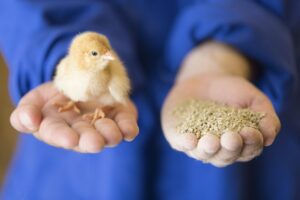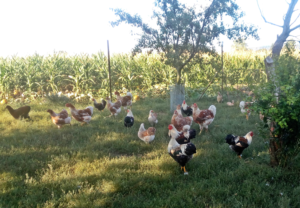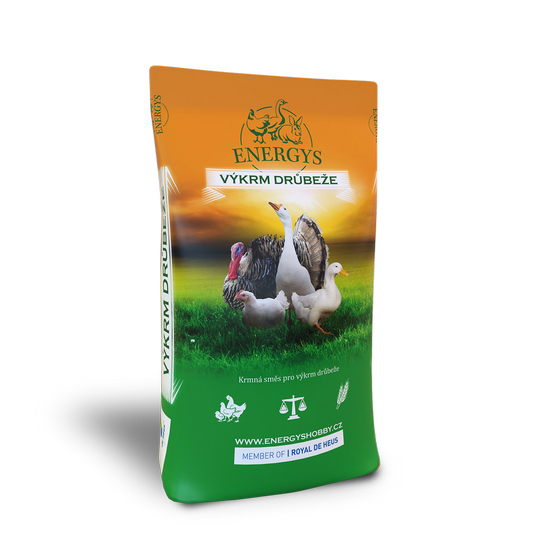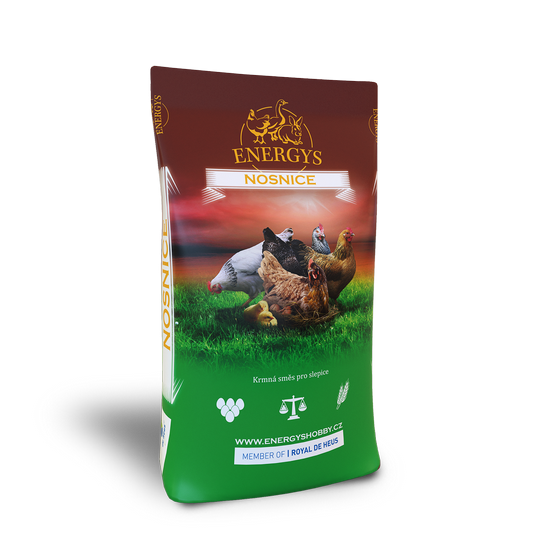Rabbits
Poultry
Laying hens
Quails
Guinea pigs
Pigs
Ostriches
Sheep and goats
Pigeons
Pheasants
Forest animals
From the life of a hen or how long a hen lives
When keeping chickens, one may wonder how long a hen actually lives. There is no clear answer to this question. It always depends on several factors – some you can influence, some unfortunately you cannot. How can you contribute to the long life of your hens and how does the life of a fowl work?
Life and laying cycle of hens
As with humans and other creatures, we can observe the inevitable life cycle in chickens.
 In the first stage, of course, the chicks hatch. The chicks take a few weeks to become chickens. After reaching sexual maturity, the animal is then called a laying hen, which is usually around 18 weeks of age. Usually the laying hen starts laying eggs between 17 and 22 weeks of age.
In the first stage, of course, the chicks hatch. The chicks take a few weeks to become chickens. After reaching sexual maturity, the animal is then called a laying hen, which is usually around 18 weeks of age. Usually the laying hen starts laying eggs between 17 and 22 weeks of age.
The highest laying rates for hens in smallholdings are seen from 7 to 10 months old hen, when they are also least likely to become ill. In addition, the hen has the best maternal instincts at this time and the eggs are often used for hatching chicks. After that, the laying rate gradually starts to decrease.
Hens over two years of age start to have problems – they lay few eggs and may have reproductive problems. In short, ageing is starting to take its toll on them.
Unfortunately, if a hen is four years old or older, there is not much left to do. Her nature changes – she starts to behave like a rooster because of hormones, and she often catches a disease or dies of natural causes.
What you can do to help your hen live as long as possible
Of course, the breeder always takes a lot of credit for the longevity of the hens. So how can you make your fowl’s life longer and more enjoyable?
Quality feeding is of course important. Always stick to how old the feed is intended for, because a laying hen has different needs than a chick. Don’t forget to give your hens some vegetables, grass or supplements from time to time. For example, fresh chopped nettles are also excellent, as they add a lovely rich colour to the yolk… Although you often see this in the village, avoid kitchen scraps.

To be healthy, a hen needs plenty of exercise. Provide it in the form of a larger run and a large enough coop for the hen to run around and explore the area.
Adequate hygiene is also essential. Leaving your hens in a dirty environment will usually backfire badly in the form of poor health. So regularly clean all the equipment and areas that the hens use – the coop, the run, the watering trough and the feeder. Don’t forget to do a general cleaning once in a while to disinfect the whole area.
So how long can a hen live?
And we come to the key question of this story – how many years can a hen live? Although it might seem so, a hen’s life doesn’t have to end with the end of the laying phase. On average, hens live around four to five years, but of course it always depends not only on the above factors, but also on the breed. If you give your hens enough love and care, they can live up to ten years.
Related posts
8. April 2025
Breeders raising hens for egg production naturally want them to produce as many eggs as possible while keeping costs low. For this purpose, commercial breeders exclusively use specially-bred hybrid layer hens created by crossing different genetic lines of pure breeds. These hybrid breeds carry in their genetic information the desired traits such as a high…
19. June 2024
The domestic chicken, or hen, is one of the most important farm animals and provides benefits in the form of eggs and meat. Today, more and more emphasis is being placed on animal welfare. As a result, farmers are already starting to prepare for mandatory changes to the housing of laying hens. The following article…
19. February 2024
The popularity of raising chickens in household conditions has been rising in recent years. This trend may be due to several factors, one of these surely being the search of high-quality foods, a more sustainable lifestyle and desire for greater independence. Breeding chickens at home also allows owners to control the animals’ living conditions and…
26. October 2022
Chickens are the most numerous bird species ever, with 26 billion breeding representatives. Unsurprisingly, they are divided into several groups according to different aspects. Which division is the most common, and which breeds of hens should you definitely be familiar with?
3. October 2022
When keeping chickens, one may wonder how long a hen actually lives. There is no clear answer to this question. It always depends on several factors – some you can influence, some unfortunately you cannot. How can you contribute to the long life of your hens and how does the life of a fowl work?
Related products

POULTRY UNI 30
A mashed concentrate for fattening of all categories of poultry, which includes the highest quality soja. It is mixed with cereals in a ratio of 20-40% (by type or phase of fattening). It contributes to fast growth and a high meat content. It does not contain coccidiostats.

LAYER REPRO
Granulated feed for laying hen breeds. Supports higher hatching rates and the successful development of the embryo. Higher content of chosen substances). The laying hen must have access to an adequate amount of potable water.

LAYER GOLD
Granulated feed for laying hens when laying. Supports high laying eggs with a solid shell and a beautiful yolk color. It follows the feeding of the Chicken MIDI mixture. Indicative feed consumption per 1 year ranges from 50-60 kg / piece.

LAYER KLASIK
A powered feeding mix intended for laying hens. With its rough shredded structure it contributes to maximum usability.

CHICKEN MIDI
From the 5th week to the end of the 20 week old chickens. It follows on from feeding with the Chicken MINI feed. Through its make up it helps in the correct development of the organism and with future high usability. It doesn’t contain coccidiostats. It is produced in two forms, granulated and powder.

CHICKEN MINI
A crumbled compound feed without anti-coccidiosides. Suitable for reared chickens of the laying hen type till the end of their 4 weeks of age. It contains a balanced ratio of nutrients supporting the correct development of chickens. For weaning chickens the following mix is CHICKEN MIDI.
